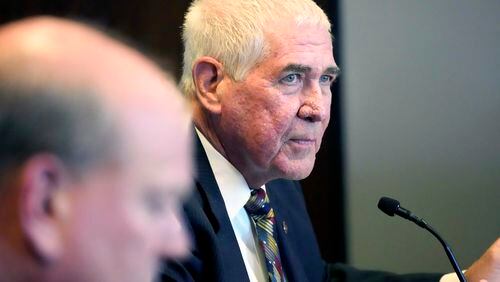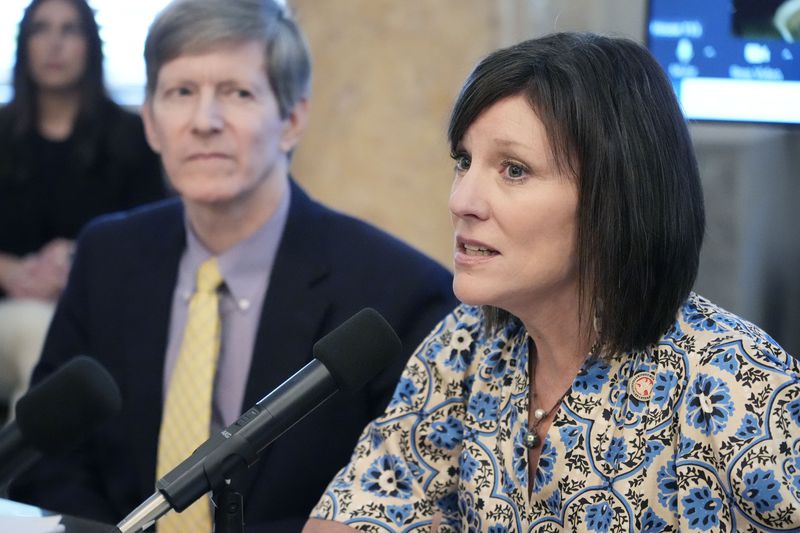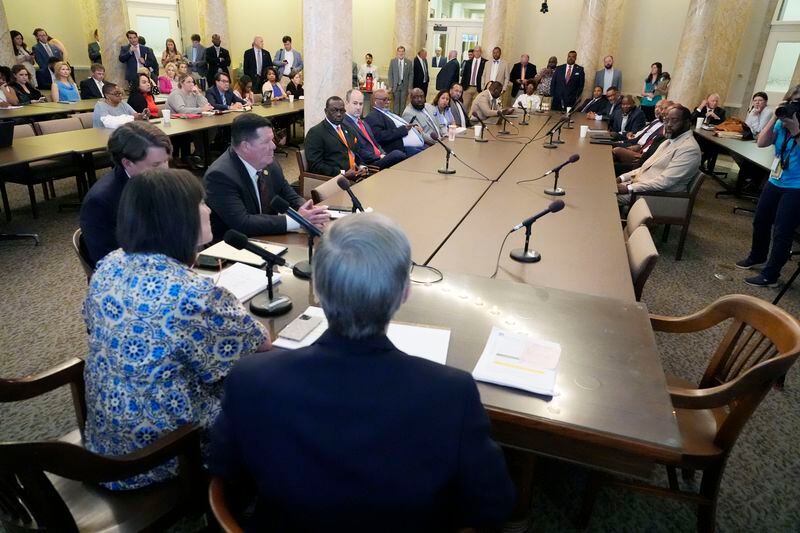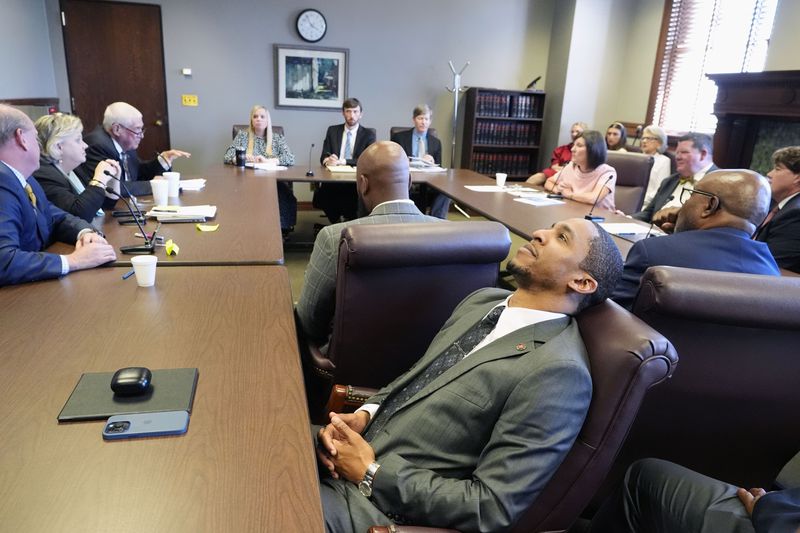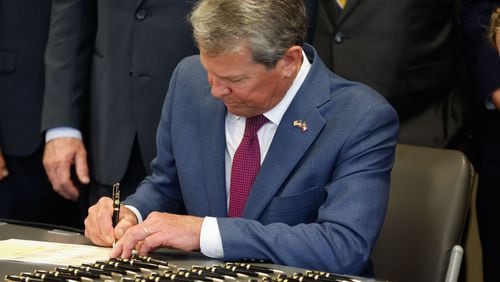JACKSON, Miss. (AP) — Mississippi Senate leaders on Friday said for the first time that they are willing to expand Medicaid to the full level allowed under a federal law signed 14 years ago by then-President Barack Obama.
But as part of negotiations with fellow Republicans in the House, key senators also continued to insist that any Medicaid expansion plan include a work requirement for recipients. Georgia is the only state with a similar requirement, and it is suing the federal government to try to keep the mandate in place.
The House has previously voted for an expansion plan that includes a work requirement. However, the House plan also said Medicaid expansion could still happen even if the federal government blocks the work portion.
Mississippi is one of the poorest states in the U.S., and advocates say covering tens of thousands more people with Medicaid — an insurance program paid by state and federal dollars — could help them manage chronic health conditions such as asthma and diabetes.
Republican Lt. Gov. Delbert Hosemann said in a statement Friday that he hopes the House and Senate can reach an agreement on Medicaid during the final days of the four-month legislative session.
“When people are healthy, they are working, raising their families, and contributing to their communities," Hosemann said.
Republican-led Mississippi is among the 10 states that have not expanded Medicaid coverage, largely to people who work low-wage jobs that don’t provide private health insurance. Expansion is an option under the federal Affordable Care Act signed into law by Obama in 2010.
The issue is getting its first serious discussion in the Mississippi Capitol this year because the new House speaker, Republican Jason White, says it is one of his priorities.
Republican Gov. Tate Reeves has said for years that he opposes putting more people on government programs.
The House voted by a wide bipartisan margin in late February to expand Medicaid coverage to about 200,000 people who earn up to 138% of the federal poverty level, or $20,120 annually for one person. Mississippi has about 3 million residents, and its Medicaid program covered 374,823 people in March.
In late March, the Senate passed its own pared-down version that would extend eligibility to people earning up to 100% of the federal poverty level, just over $15,000 for one person. Senate Medicaid Committee Chairman Kevin Blackwell, a Republican from Southaven, said about 80,000 people would become eligible for coverage but he thought about half that number would enroll.
House Medicaid Committee Chairwoman Missy McGee, a Republican from Hattiesburg, offered a compromise Tuesday. It would allow Mississippi to receive the full amount of federal money possible for Medicaid expansion. People earning up to 100% of the federal poverty level would be covered by Medicaid, while those earning between 100% and 138% of the federal poverty level would receive subsidies to buy insurance through a federal health insurance exchange.
The Senate proposal Friday was similar, although it was not immediately clear whether House leaders would accept the Senate's stronger stance on a work requirement. The Senate proposal says if the federal government rejects a work requirement, the Mississippi attorney general must challenge that rejection. It also says expansion would not happen without the work requirement.
Credit: AP
Credit: AP
Credit: AP
Credit: AP
Credit: AP
Credit: AP
